The global pandemic of 2020 forced many industries, especially the hospitality industry, to rethink the size and organization of their teams. Many people found themselves without a job, furloughed, or the last one standing supporting several jobs at once. Although life and careers are yet to be back to normal officially, the ubiquitous light at the end of the tunnel, we have all been patiently waiting for can finally be seen.
So whether you are looking to advance in your career, get back into the hospitality industry as venues continue to expand their teams, or looking to join the industry for the first time, there are some universal career development strategies we can all implement to strengthen our career growth, increase our hireability, and open up new opportunities.
Here are the two things I want you to do first:
- Optimize your resume
- Update your LinkedIn profile
Optimize your resume
The most common thing that most people get wrong on their resumes is how to write the bullet points for each position they have held. Most bullet points are written as statements in the first person: Waited tables. Filed paperwork. Assisted with orders. These statements are simply writing out the duties of the job, not how you helped or what you brought to the position.
For each position you have held, write three to five bullet points, starting with the most significant and working your way down.
Work experience bullets:
Use dynamic verbs to illustrate ownership and responsibility.
Don’t use:
- Coordinated
- Facilitated
- Conducted
- Acted
- Organized
- Assisted
- Provided
Use these instead:
- Managed
- Led
- Created
- Oversaw
- Strategized
- Built
- Launched
- Developed
Here’s a formula for writing a resume and LinkedIn bullet points: what you did + how you did it + your results = your new bullet point.
Instead of saying you answered phone calls, you oversaw all incoming inquiries and directed them to correct departments based on a formulaic survey you developed, which led to a 60 percent decrease in customers being placed on hold.
You did not file paperwork, you managed and organized sensitive information on behalf of customers by developing a streamlined process that resulted in a secure and accurate database.
Update your LinkedIn profile
When a manager or recruiter reads your resume, the first thing they check next is your LinkedIn profile to validate three things:
- You are who you say you are
- Your positions and timeline make sense as well as match your resume
- Your connections align with the companies you have worked for
If you do not have a LinkedIn profile, set one up today. Your LinkedIn profile is your virtual business card to network with other people.
Do not use LinkedIn the same way you use Facebook. Use a good quality photo of only you. All of your positions, dates, and bullet points should match your resume. You can add more information and details to your LinkedIn profile since it offers more space, which is OK.
Connect with past and current employees. Join groups and network with the folks who are interested in the same topics as you.
Where to start your job search
Once your resume and LinkedIn profile are up to date, you’re ready to start your job search.
LinkedIn is still the number one place to search for new opportunities. Venues and companies that are seeking new employees will be sharing posts about their open positions. Your network of friends and colleagues will also be sharing open positions listed at their own companies or ones they come across.
Social media has quickly become a real-time source of open positions. Follow all of your favorite venues, venues that are local to you, restaurant group accounts, associations, follow hashtags, and as many sources as you can to widen the scope of possibilities and get notified as soon as posts go live. That way, you can apply and send a follow-up email as soon as possible, getting you in the door for an interview faster than others.
Look directly on websites. If there is a particular venue, or business, or restaurant group that you want to be part of, look directly at their website to see if they have a section dedicated to open positions. If not, also check their blog or any more generalized space on their website. If you apply to a job directly on their website, don’t be afraid to send them an email saying you applied for which specific open position and are looking forward to learning more and connecting.
How to build your dream job
Your dream job most likely doesn’t exist. The good news is, there are plenty of ways to create your dream job:
- Be vocal with your manager about the tasks you enjoy; it can be as simple as, “Today was so much fun, thanks for pulling me in.”
- Get grabby at work. As in grabbing the open seat next to the boss at the meeting or being the first to volunteer or make a suggestion. It’s less about being first and more about being confident to take advantage of the available opportunities.
- Don’t wait for permission. If you see something that needs to be done, then just do it. Write the blog post, organize the swag, or draft a landing page redesign. It may not end up being the final solution, but you come off as dedicated and enthusiastic about the organization’s overall goal.
- Be open with your manager about your goals. You need to initiate those important conversations with your manager about your goals and come ready with examples of how you will work towards them. Your manager can help coach you along the way and fill in any areas of growth and experience opportunities needed. But, without knowing your goals, there is no path to lead you down.
- Learn how to pitch your ideas. Stop being a question person, and become a solutions person. Want to start a blog, takeaway options, or a sustainable food storage container program? Great! Don’t ask, “Can I do this?” Put in the hard work and research and present your ideas to your manager, with the problem as well as the solution. You may not always get a yes, but your manager and the team will start to depend on you as the person with the ideas and solutions.
- Practice gratitude. Having dreams and goals shouldn’t negate your appreciation for your current place in your career. Even having the worst job or boss can still offer valuable lessons to take with you on your next path.
Tips for job searching
Many interviews are being conducted online right now, and you’ll need to make sure that you’re equipped for this new world of digital recruiting.
1. Get prepared for your online interview
Most companies are using Zoom or other online meeting platforms to conduct remote interviews until workers return to offices on a regular basis, so you’ll need to create a professional atmosphere and attitude for both sides of the screen, starting with these online interview tips:
Invest in a ring light. These are not just for influencers — they really do make you look better.
Look at the camera, not the person — this sounds counterintuitive, but it ensures that you are looking at them in the eyes on their end.
Get fully dressed up professionally, from head to toe. It puts you in the right mindset.
Clean up around your area or add a Zoom background that won’t be distracting.
It’s OK to take notes and refer to any pre-written questions. Casually mention the note-taking, so the interviewer understands why you are looking down.
If you anticipate any disruptions during the interview, mention them at the beginning of the call.
Try to relax! You’re having a conversation and interviewing them to see if you even want to work there.
2. Thank-you notes
The thank-you note after an interview is not dead! They are very much alive and still expected. You must send a thank-you note after every interview. It doesn’t have to be a handwritten card that you physically mail. Email follow-up is preferred, but LinkedIn will do if you simply cannot find their email address. These emails should be sent within 24 hours after the interview.
Sending a thank-you email shows that you have excellent follow-through, you are proactive and don’t need to be micromanaged. And most importantly, that you want the job.
In your email, always include:
- Their name
- Writing out the phrase thank you
- A reference to something that the two of you spoke about
- Your interest in wanting the job, and based on the overall discussion, you know that you will be a great fit
- Ask about the next steps and timeline of the hiring process
- Close out the email with “I look forward to hearing from you!”
- Then provide your contact information again
Example Email:
Hi Taylor,
Thank you for taking the time out of your busy day yesterday to sit down with me and discuss the Event Manager open position.
I am excited about this opportunity. I know that I can lean on my 10 years of experience assisting in planning and executing events at ABCDEvents and help grow sales by 20% this year with the innovative design and safety ideas that we discussed.
I look forward to hearing from you!
Thanks again,
Nicole Catatao
nicole@email.com
555-555-1234
Don’t stop learning and growing in your career path
The hospitality field and career opportunities are constantly evolving, so make sure you’re on top of the latest trends and industry news by reading blog posts, going to conferences, or registering for webinars.
And don’t forget books! Here’s a list of career growth books I recommend:
- “Dare to Lead: Brave Work. Tough Conversations. Whole Hearts” by Brené Brown
- “The First 90 Days: Proven Strategies for Getting Up to Speed Faster and Smarter” by Michael D. Watkins
- “Give and Take: A Revolutionary Approach to Success” by Adam Grant
- “Grit: The Power of Passion and Perseverance” by Angela Duckworth
- “Influence: The Psychology of Persuasion” by Dr. Robert B. Cialdini
- “The Power of Habit: Why We Do What We Do in Life and Business” by Charles Duhigg
- “Spark: How to Lead Yourself and Others to Greater Success” by Angie Morgan, Courtney Lynch, and Sean Lynch
- “Unleashed: The Unapologetic Leader’s Guide to Empowering Everyone Around You” by Frances Frei, Anne Morriss
- “Untamed” by Glennon Doyle
Editor’s Note: This article first appeared in the Summer 2021 issue of Seated magazine.
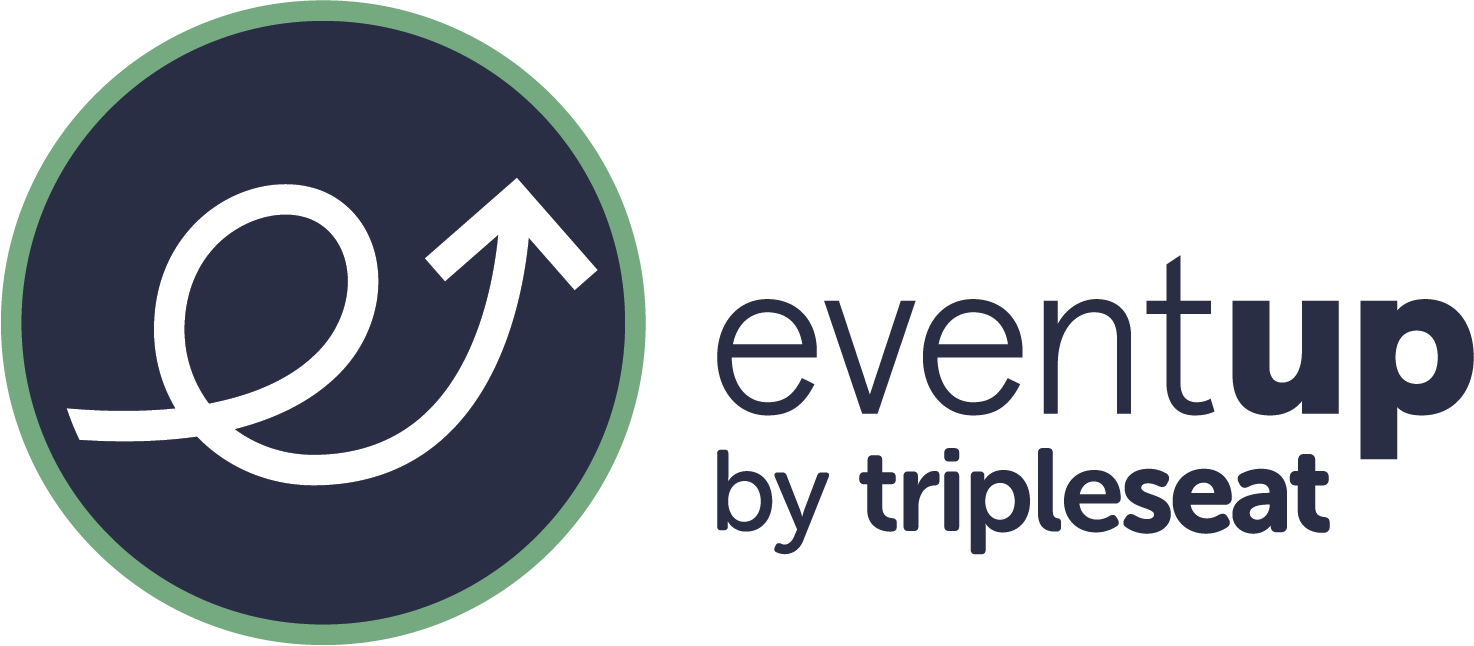



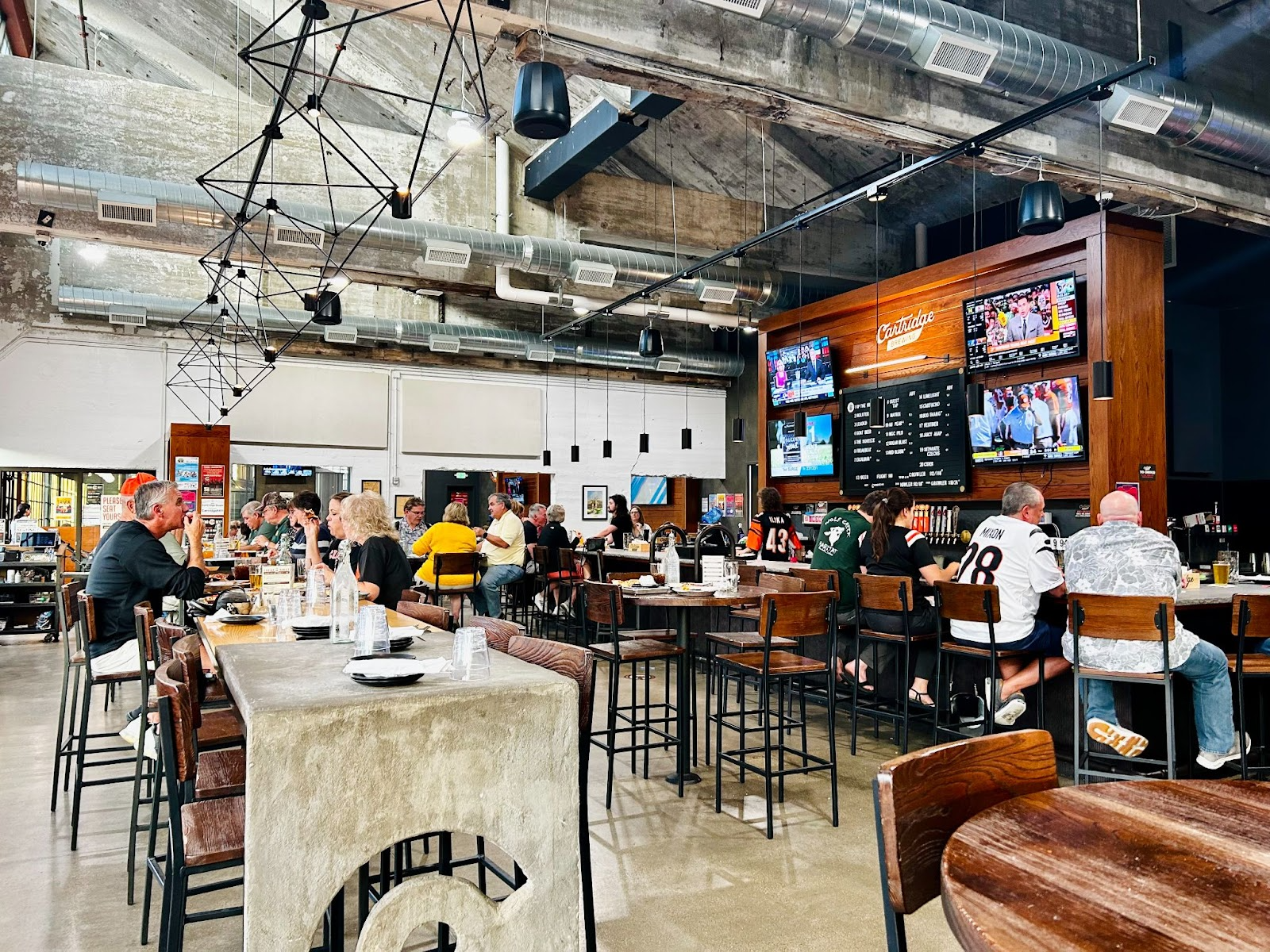
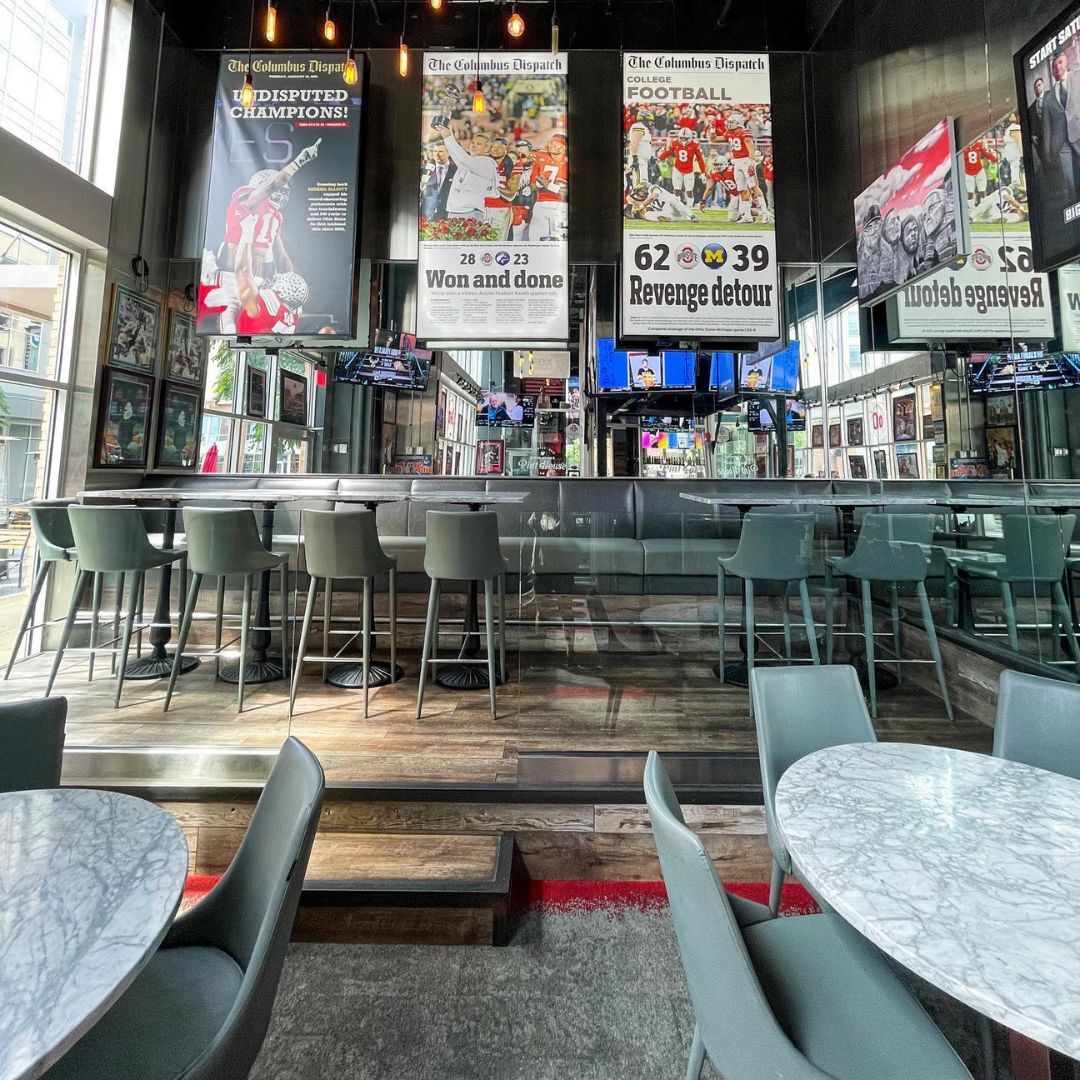








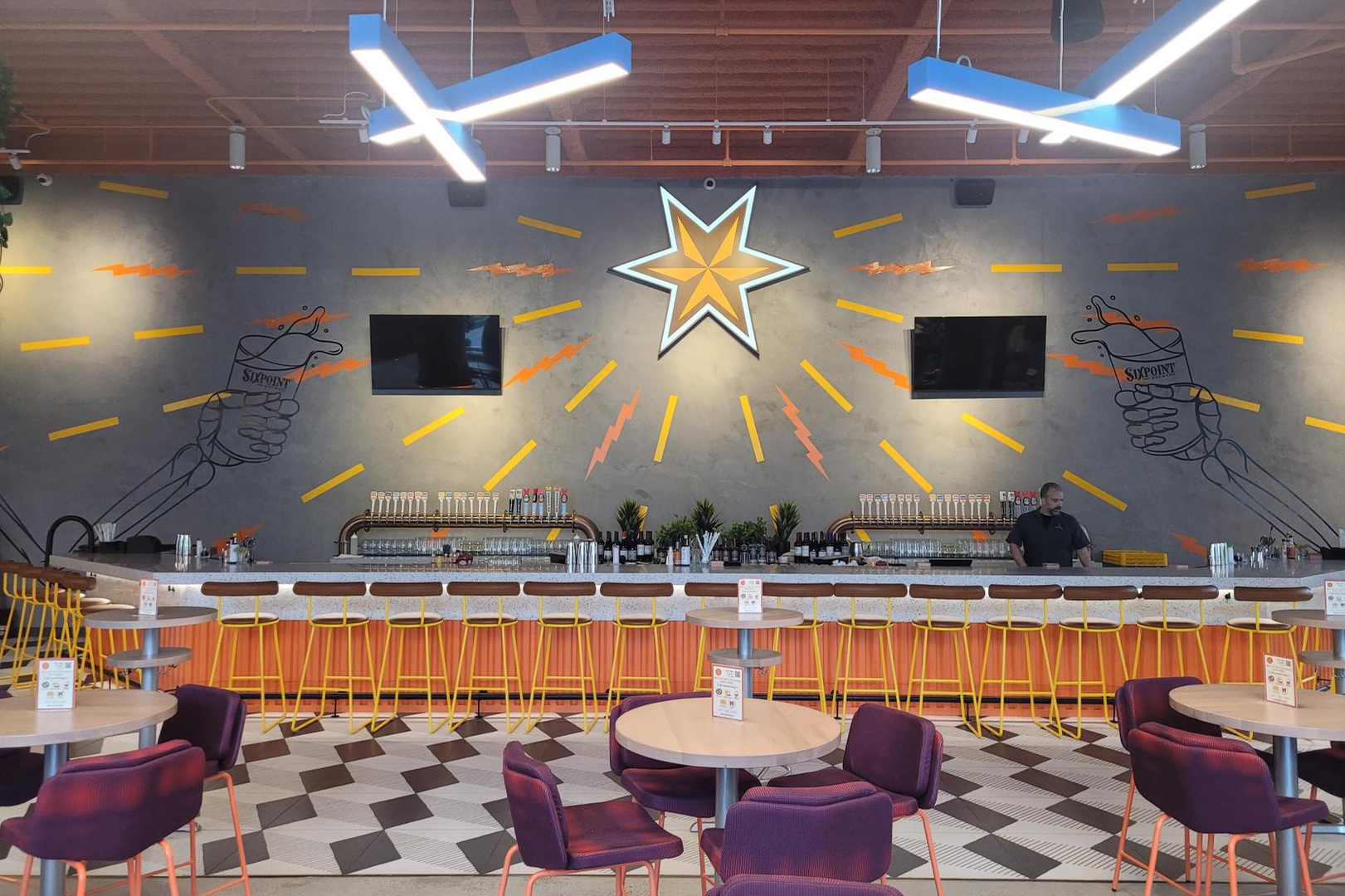
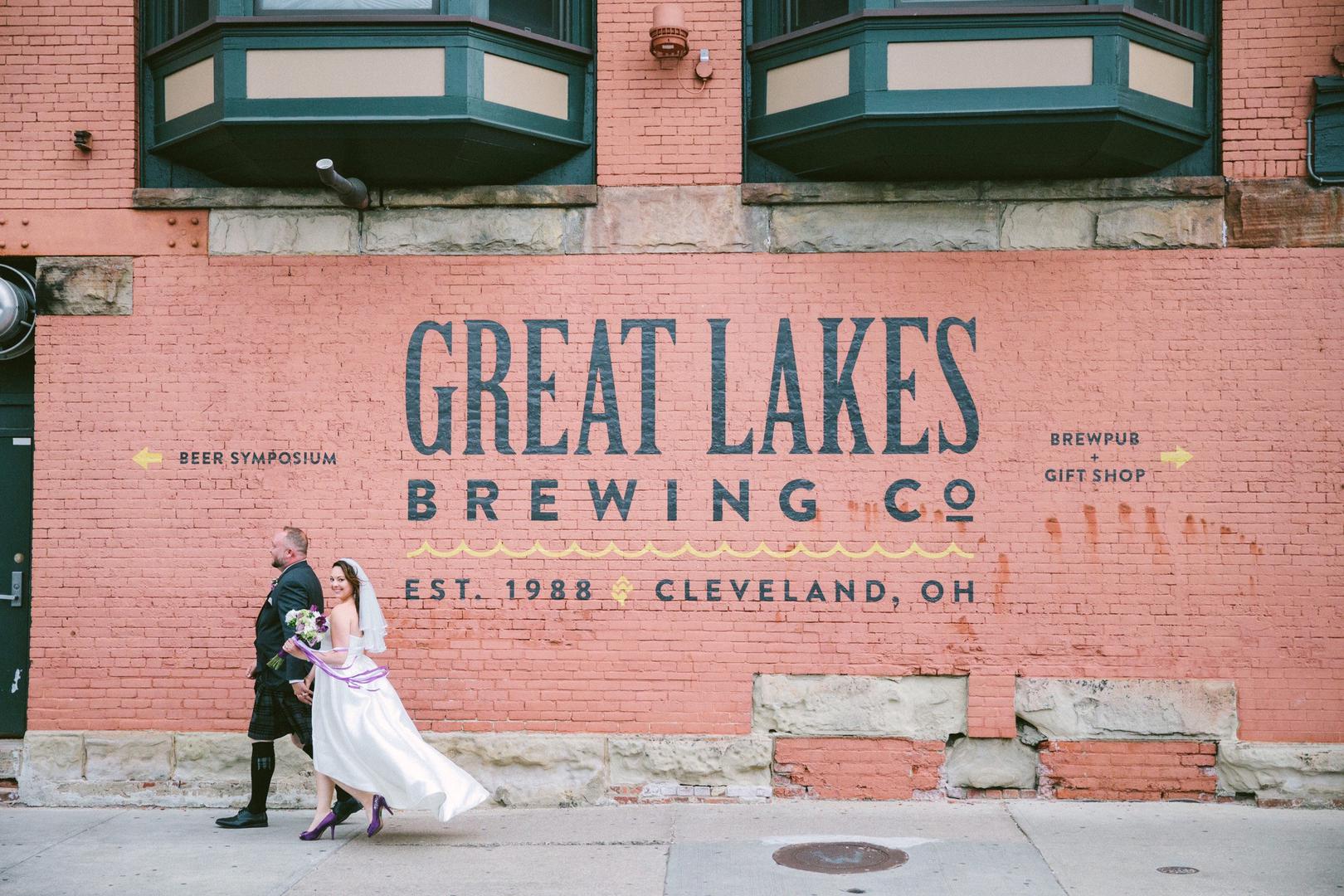
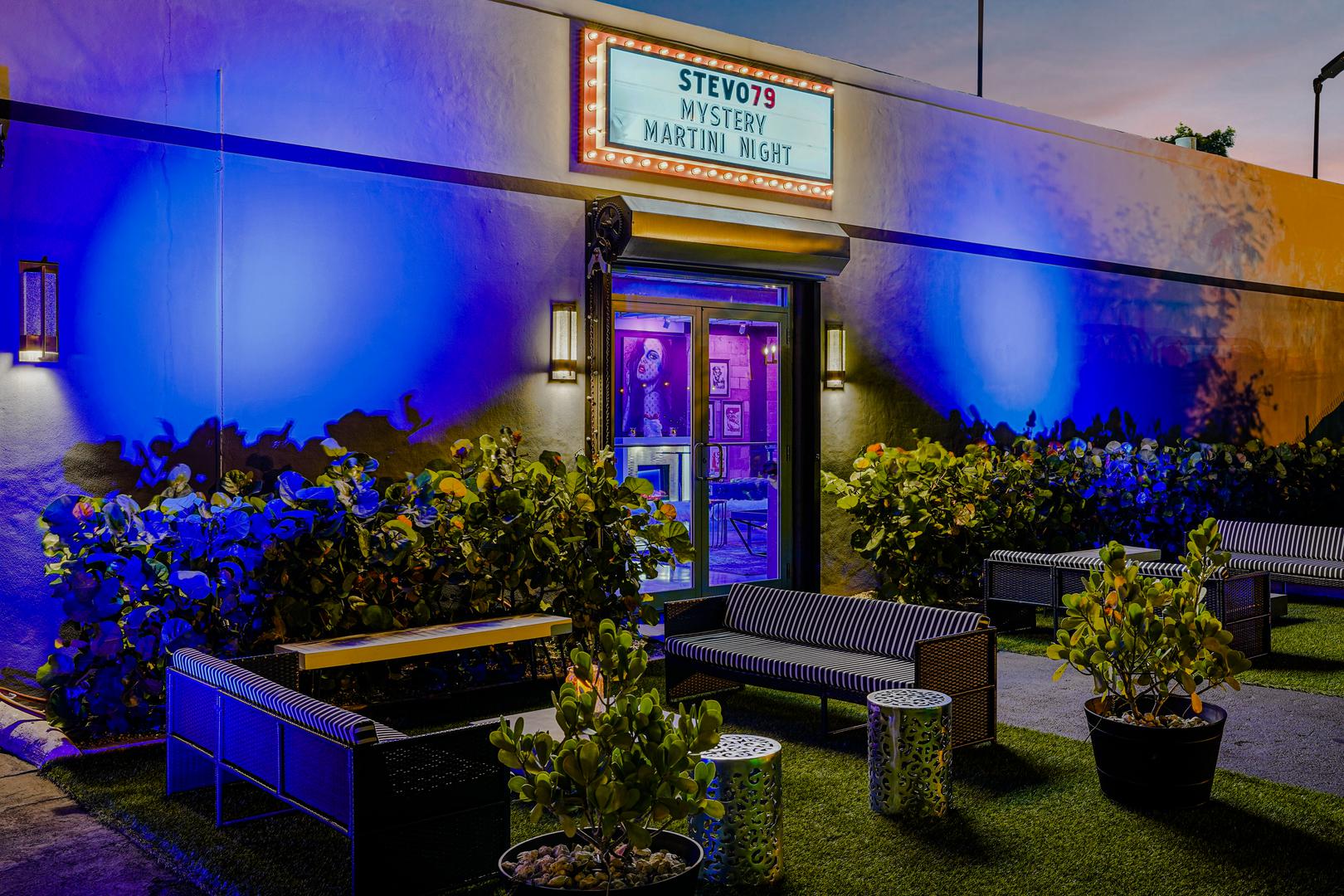



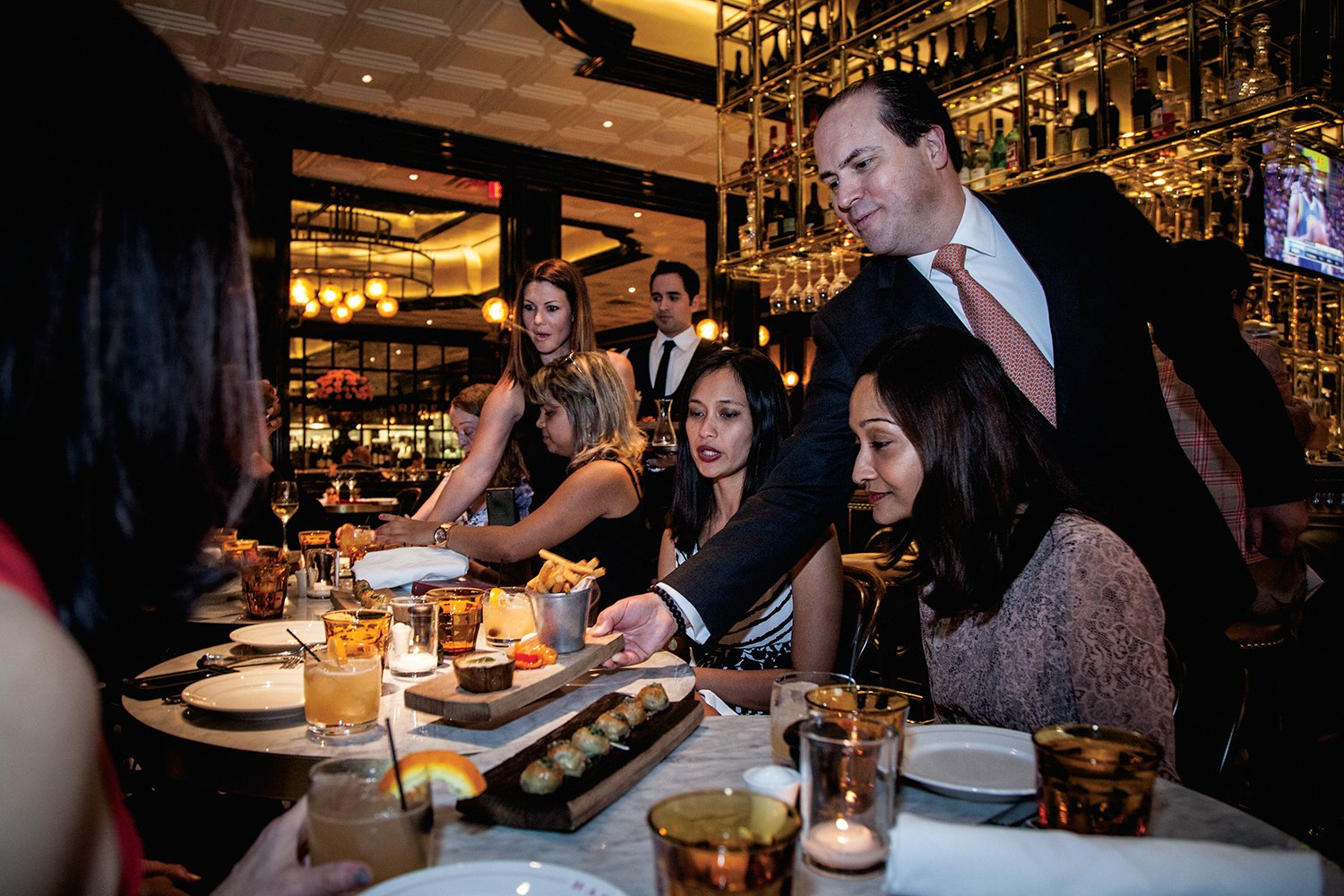
%20Where%20to%20Eat%20Near%20Willis%20Tower%20in%20Chicago.png)
